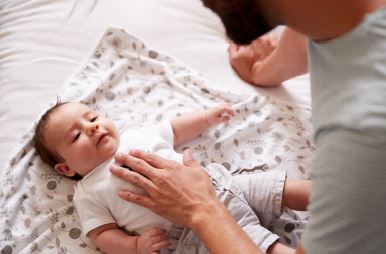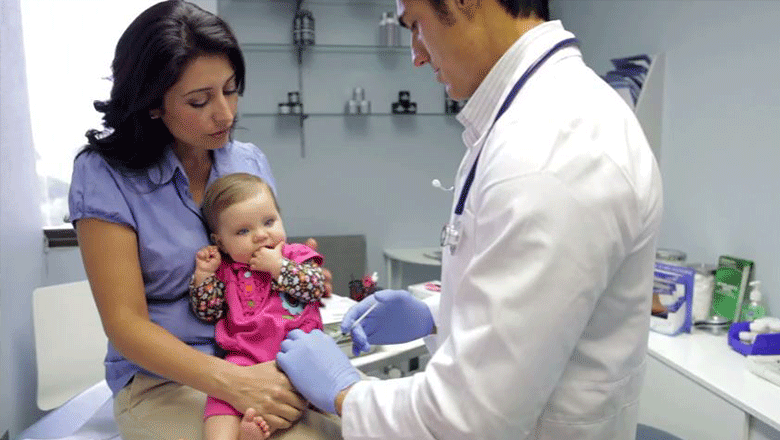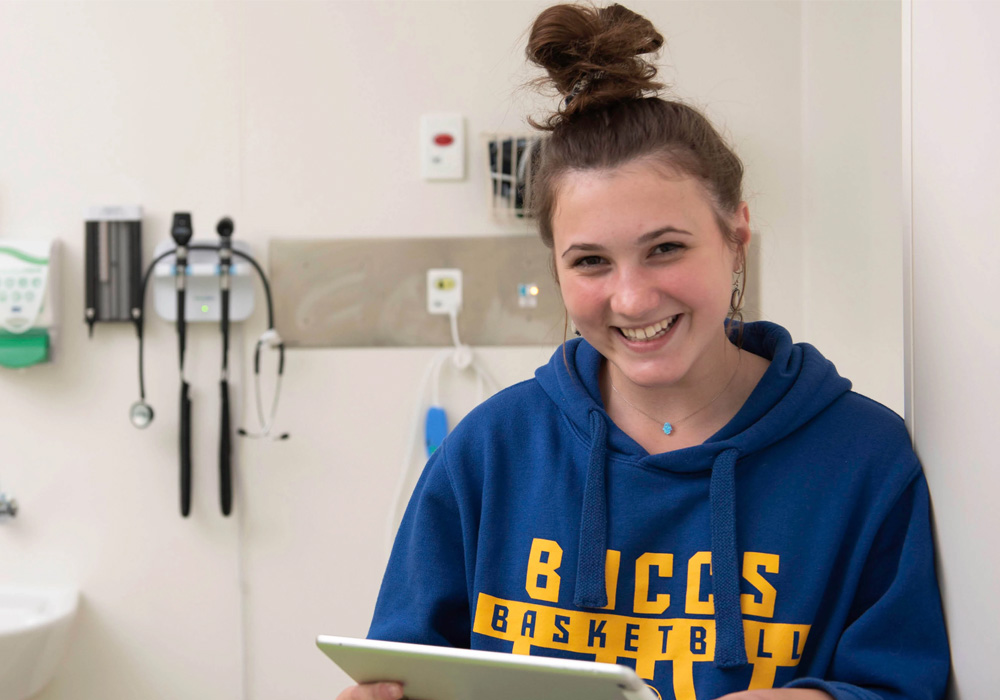Search
Research
Effectiveness of nirsevimab in preventing RSV-hospitalisation among young children in Western Australia 2024Respiratory Syncytial Virus (RSV) causes a significant burden of illness for children under 2 years of age. Nirsevimab, a long-acting monoclonal antibody, was registered for RSV prevention in Australia in 2023. In April 2024, Western Australia (WA) launched the country's first state-wide nirsevimab program for all infants and high-risk children entering their second RSV season.
Research
Characterising the SARS-CoV-2 nucleocapsid (N) protein antibody responseSARS-CoV-2 nucleocapsid (N) protein antibodies can be used to identify the serological response to natural infection in those who have previously received a COVID-19 spike-based vaccine. Anti-N antibody responses can also be induced by inactivated whole SARS-CoV-2 virus vaccines, such as CoronaVac. We aimed to characterise antibody responses to the N protein following COVID-19 and following vaccination with CoronaVac.
Research
The Impact of Obesity on Influenza Vaccine Immunogenicity and Antibody Transfer to the Infant During PregnancyInfluenza vaccination is recommended for pregnant women, offering the dual benefit of protecting pregnant women and their newborn infants against influenza. This study aimed to investigate the impact of body mass index (BMI) on influenza vaccine responses in pregnant women and their newborns.
Research
Influenza hospitalizations in Australian children 2010–2019: The impact of medical comorbidities on outcomes, vaccine coverage, and effectivenessChildren with comorbidities are at greater risk of severe influenza outcomes compared with healthy children. In Australia, influenza vaccination was funded for those with comorbidities from 2010 and all children aged <5 years from 2018. Influenza vaccine coverage remains inadequate in children with and without comorbidities.

News & Events
Telethon donations fund early flu protection for bubsBabies worldwide could have access to life-saving influenza vaccinations from just eight weeks of age thanks to researchers at The Kids Research Institute Australia and the generous support of the Telethon community.

News & Events
Video: Flu vaccine Q&AIt's that time of year again... Flu vaccine time! Watch Dr Chris Blyth answer commonly asked questions in the video below.
Research
Lessons from the first year of the WAIVE study investigating the protective effect of influenza vaccineInfluenza is major cause of paediatric hospitalisation. Influenza vaccine was offered to all children aged 6-59 months resident in Western Australia in 2008
Research
Comparison of a rapid antigen test with nucleic acid testing during cocirculation of pandemic influenza A/H1N1 09 and Seasonal influena A/H3N2The rapid diagnosis of influenza is critical in optimizing clinical management. Rapid antigen tests have decreased sensitivity in detecting pandemic influenza.

The Infectious Disease Implementation Research Team is a multi-disciplinary group researching the best way to implement infectious disease prevention and treatment strategies to improve the wellbeing of children and teenagers.
Research
Links2HealthierBubs' cohort study: Protocol for a study on the safety, uptake and effectiveness of influenza and pertussis vaccines among pregnant Australian womenMulti-jurisdictional cohort of mother-infant pairs to measure the uptake, safety and effectiveness of antenatal IIV and dTpa vaccines in three Australian jurisdictions
